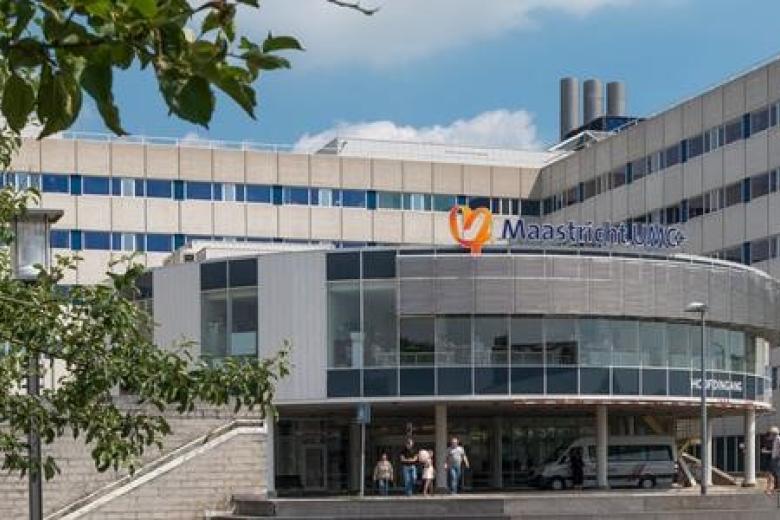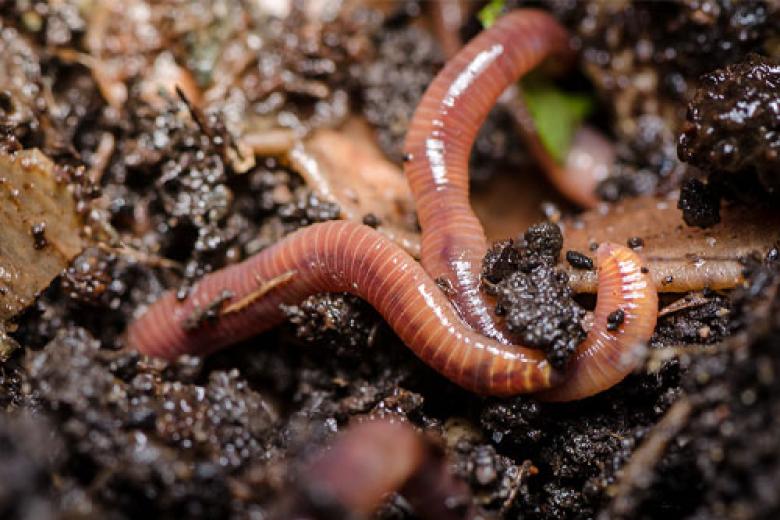ZonMW funds three Team Science projects
FHML participates in three research teams which will set up innovative collaborations that contribute to innovation in science and healthcare for the longer term. Each team has received a maximum of 750,000 euros from the programme ZonMw Open Competition.

Awarded projects:
Cornea regeneration instructed by molecular cell identity characterization
- Dr. H. (Jo Huiqing) Zhou – Radboud Universiteit
- Dr. M. (Mor) Dickman en dr. V.L.S. (Vanessa) LaPointe – Universiteit Maastricht
The current treatment for cornea damage depends on stem cells in the patient's own healthy eye. No treatment is available for patients with two injured eyes. Scientists will develop a novel regenerative technology to convert patient's skin and mouth cells into cornea stem cells to restore vision.
---------------------------------------------------------------------------------------------------------------
Out in the cold!
- Prof. dr. P. (Patrick) Schrauwen – Universiteit Maastricht
- Dr. E. (Eric) Kalkhoven – UMC Utrecht
- Dr. J. (Joris) Hoeks – Universiteit Maastricht
- Prof. dr. S. (Sander) Kersten – Wageningen Universiteit en Research Center
In type 2 diabetes, tissues such as skeletal muscle take up less glucose, leading to elevated glucose levels in the blood. This research explores if cold-induced shivering, a type of muscle contraction that heavily relies on glucose for fuel, can stimulate glucose uptake and improve glucose control in diabetes patients.
----------------------------------------------------------------------------------------------------------------
Recovery of the cell's energy factories for tissue repair in COPD: muscles to the rescue
- Prof. dr. I.H. (Irene) Heijink – UMC Groningen
- Dr. R.C.J. (Ramon) Langen en dr. H.R. (Harry) Gosker – Universiteit Maastricht
- Prof. dr. E.M.J. (Sabeth) Verpoorte – Rijksuniversiteit Groningen
COPD is a severe disease characterized by lung and often also muscle damage. We will investigate a novel concept where aberrant interaction between lung and muscle leads to defects in the cell’s energy factories and impaired tissue repair. By restoring these defects, we aim to improve lung and muscle function.
Also read
-

-
Super MRI Research on urine incontinence
For the research at Maastricht UMC+ and Erasmus MC to the steering of the bladder from the brains a grant of circa 1 million euro has been awarded from the programme Humane Meetmodellen 2.0. Within this project more effective research methods with human beings are developed and used, which reduces...
-
